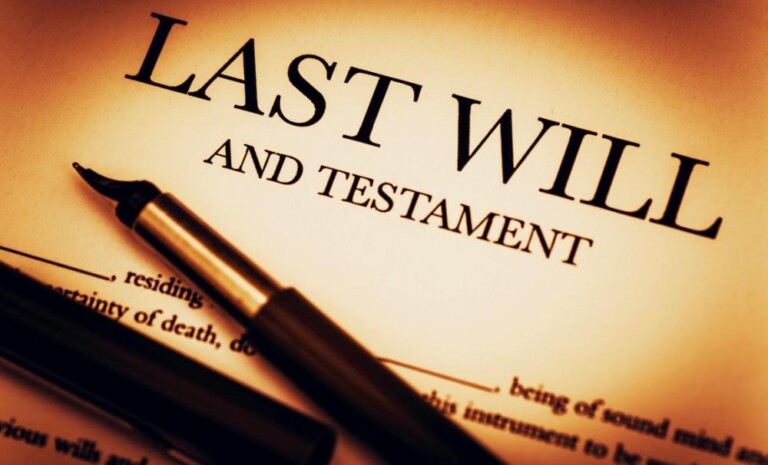In Morton v Christian, 2014 BCSC 1303, the British Columbia Supreme Court (the “Court”) grappled with the issue of proper revocation of a Will. It was determined that the destruction of a true copy of a Will does not satisfy the requirements for revocation when the original is known to be safely kept elsewhere.
In 1989, Mr. Christian and Ms. Morton became romantically involved. The couple married in Quebec sometime before 1991 and moved to British Columbia, where they lived together until separating in 2009. Before leaving Quebec, Mr. Christian executed a notarial Will naming Ms. Morton as the sole beneficiary and executrix.
Mr. Christian passed away in 2011. In 1991, he had been given three true copies of his notarial Will, none of which could be found after his death. Ms. Morton sought a grant of probate and a declaration that the original Will was valid. Two cousins of Mr. Christian contested the application on several grounds, including: that the Will had been revoked by Mr. Christian’s tearing up a true copy and depositing the remains in the trash and that the presumption of revocation operated where no copy of the Will could be found after death.
It was argued by the defendant family members that Mr. Christian had torn up one of the true copies of his Will with the intention of revoking it. The Court heard evidence to the effect that Mr. Christian had sought legal advice regarding the creation of a new Will, his divorce lawyer had suggested that he rip the Will in half so as to revoke it, and that Mr. Christian had made comments to his new partner that he had destroyed his Will by tearing it up and throwing it in the trash.
Section 14(1)(d) of the Wills Act (now repealed) applied to the Will because Mr. Christian died before the new Wills, Estates and Succession Act (WESA) came into force in British Columbia. Section 14(1)(d) imposed two requirements to revoke a Will: there must be a physical act of destruction and there must be proof that the will-maker’s actions were intended to revoke the Will.
Problematic for the defendants was that the original Will remained unharmed with the Quebec notary. They relied on section 36(1)(a) of the Evidence Act for the proposition that a copy of a Quebec notarial Will has the same force and effect as an original and that a certified true copy can be received in evidence in place of the original. Applied to the circumstances, the Court concluded that the Evidence Act does not provide that a copy of a notarial Will has the same status as an original for the purposes of its revocation.
The presumption of revocation arises when the Will of a deceased cannot be located after his or her death. It is then presumed that the deceased destroyed the Will with the intention of revoking it. The presumption can be rebutted by evidence to the contrary. The Court determined that the presumption did not arise in the present matter because the original notarial Will was kept safely with a Quebec notary and this was known to the will-maker. The way a will-maker deals with a copy of a Will, for the sake of the presumption of revocation, cannot equate to handling of an original. For the presumption to apply to this case would be to equate the true copies with the original, something the court clearly refused to do.
Section 55 of WESA makes no changes to the formal requirements for revoking a Will. However, a defective revocation can be cured through resort to the Court’s curative power under section 58 of WESA. Despite the existence of section 58, individuals seeking to revoke existing Wills are advised to comply with the formal requirements as explicitly stated in section 55 to avoid defective revocations that may result in uncertainty which then require the Court’s attention to cure.
Thank you to Sean Tessarolo for his assistance with this blog post.



